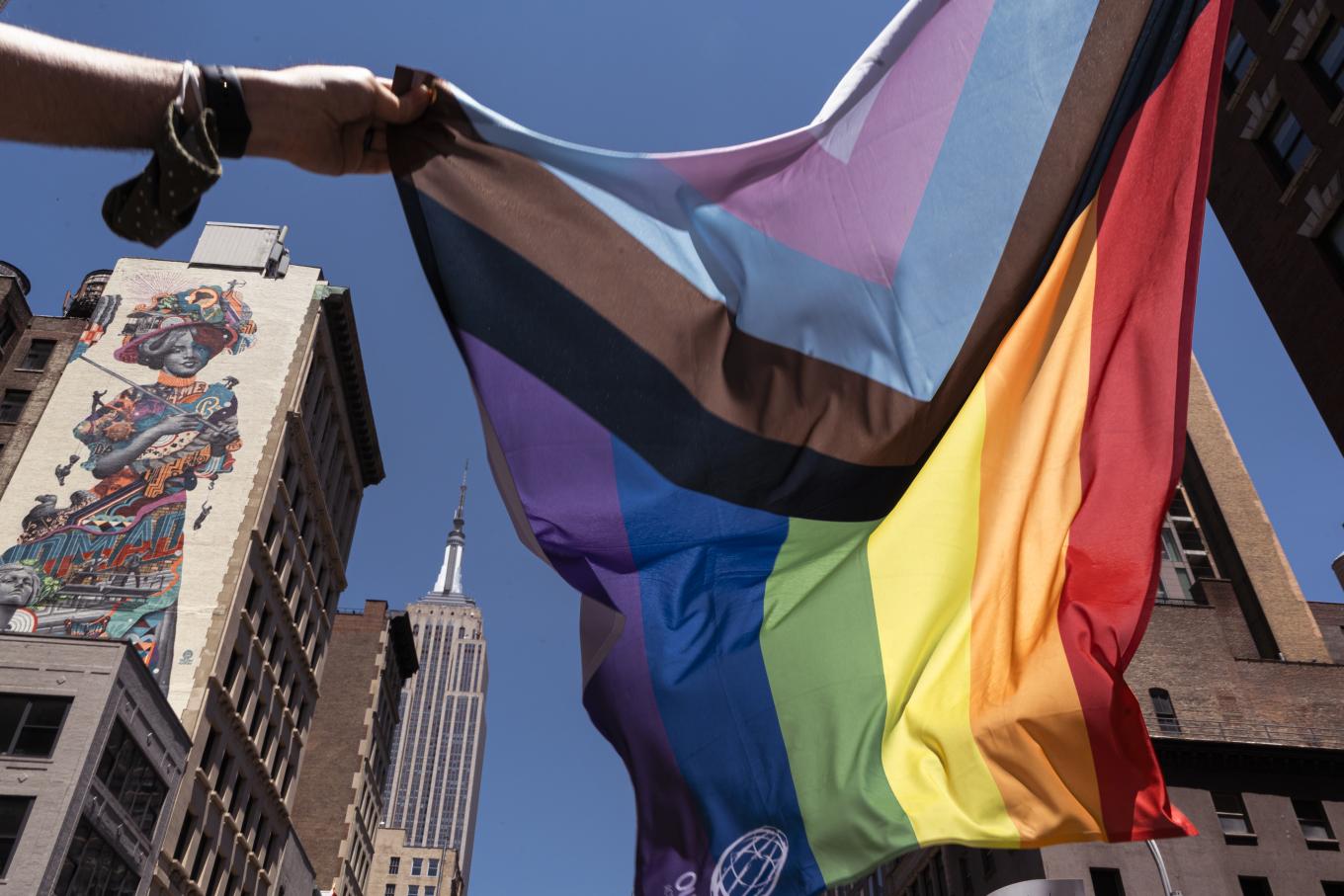
Country Overview
Afghanistan
At a glance
View more for this country:
The Taliban’s return to power on August 15, 2021, has worsened an already precarious situation for LGBTIQ people in Afghanistan. LGBT persons face grave threats to their safety and lives under the Taliban regime from both the Taliban and family members who support the Taliban, with reports of extrajudicial killings, mob attacks, sexual assaults, gang rape, and torture targeting people who do not conform to rigid heteronormative norms in the country. The Taliban announced the implementation of Shariah through the “Propagation of Virtue and Prevention of Vice” law in addition to the Penal Code, and have publicly flogged individuals on charges of same-sex intimacy. The law includes provisions that explicitly criminalize same-sex intimacy between women (sahaq) and men (lawatat), giving enforcers the power to impose any penalty that they consider appropriate.
In January 2025, for the first time, the International Criminal Court (ICC) recognized LGBTQI+ victims of gender-based crimes and violence under international law in an Afghanistan case. Karim Khan, Chief Prosecutor of the ICC, issued a request for arrest warrants for senior Taliban officials charged with gender persecution against victims, including women and persons who have been persecuted for not conforming to rigid gender norms and roles enforced by the Taliban.
Although violence and discrimination spiked following the Taliban takeover, LGBTIQ people were already exposed to both institutionalized discrimination and persecution by then-opposition Taliban elements during the previous administration of Ashraf Ghani. In 2015, the UN Assistance Mission in Afghanistan (UNAMA) documented three extrajudicial executions of two men and one boy for alleged same-sex sexual acts in a Taliban-controlled region. Under the Penal Code that passed into law in 2018, consensual same-sex sexual acts were explicitly criminalized for the first time. Articles 646 and 648 punished the act of sodomy with up to two years of imprisonment. Article 645 (mosaheghe - non-penetrative sexual act between two women) and 649 (tafkhiz - non-penetrative sexual act between two men) applied up to one year of imprisonment. Neither before nor following the Taliban takeover did any LGBTIQ organizations within the country operate openly. The dangerous climate for LGBTIQ individuals and the impossibility for LGBTIQ organizations to obtain legal status, given that their activities would be considered illegal or against the national interest, mean that LGBTIQ support and advocacy are based in the diaspora or forced underground.
*Outright research indicates that the bodily autonomy of intersex people is not respected and protected in this country.
Global Impact
Sub-Saharan Africa
Outright supports LGBTIQ organizations in Sub-Saharan Africa and works with mainstream human rights organizations to respect human rights and influence positive changes in laws, policies, attitudes and beliefs that cause discrimination against LGBTIQ people.
United Nations
Our work at the United Nations centers around advocating for the advancement of the rights of LGBTIQ people.
View this regionAsia
Our work in Asia promotes acceptance of sexual and gender diversity at all levels of society.
View this regionSouthwest Asia and North Africa
In the Southwest Asia and North Africa, we partner with local groups in various countries as part of our international solidarity work. We also work with our local partners on different topics through capacity building, advocacy, research and holistic security.
Europe and Central Asia
Outright International partners with activists to fight for an end to human rights violations based on sexual orientation, gender identity and gender expression in Europe and Central Asia, where most of our work involves emergency responses to harassment, discrimination, violence, and most recently, Russia’s brutal and expanded invasion of Ukraine.
Americas
Our work in the Americas continues to build on the fundamental and positive transformation of human rights protections in recent years. We partner with groups in the Caribbean that focus on ending gender-based violence and eradicating discrimination against trans people.
Pacific
Our work in the Pacific aims to increase the visibility of activists, respond to human rights emergencies, and actively bridge local, regional, and international activism to achieve equality and justice.
Global
View this region
Human Rights Research
Since 1990, we have partnered with activists from all over the world to produce hundreds of groundbreaking reports.
Read Our Reports